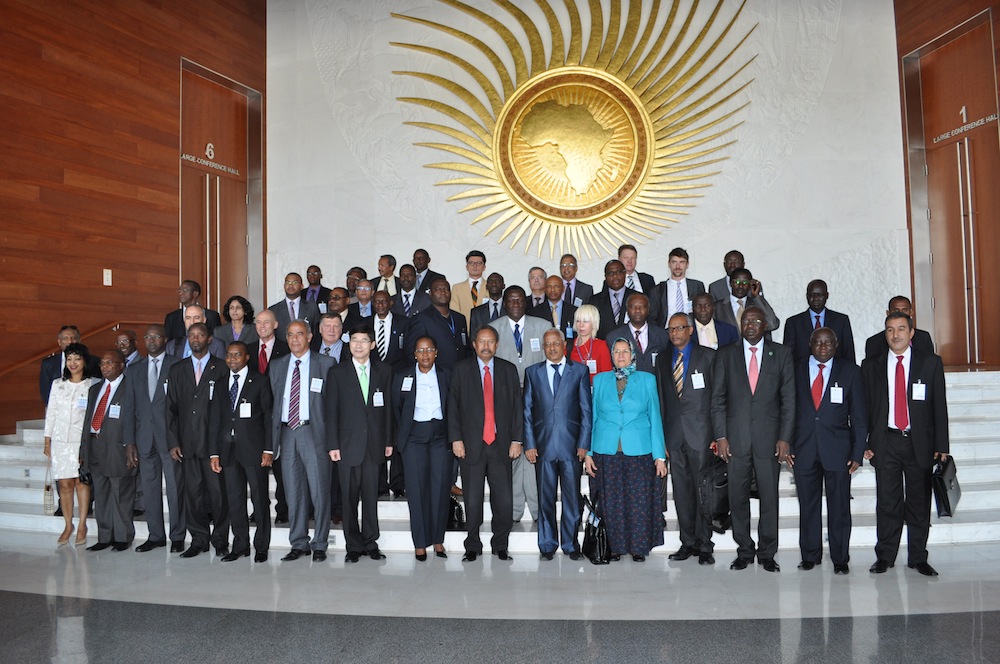 Green Cross celebrates this new milestone, now focus shifts to upholding the importance of this essential right
Green Cross celebrates this new milestone, now focus shifts to upholding the importance of this essential right
The African Commission on Human and Peoples’ Rights (ACHPR), charged by African States to protect, promote and interpret the Rights recognized by the African Charter on Human and Peoples’ Rights, adopted its latest resolution on the right to water. ACHPR resolution 300 was adopted during the Commission’s last extraordinary session in Banjul, The Gambia.
It was developed through a series of consultations that included a 2013 NGO draft proposed jointly by Green Cross, WaterLex, the Platform for International Water Law (University of Geneva), WaterAid and the Legal Resources Centre.
“We are all satisfied and grateful that such a comprehensive resolution got adopted by the ACHPR,” says Ousséni Diallo, President of Green Cross Burkina Faso. “It is a great success of collaboration between civil society and ACHPR Commissioners.”
Jurist Hélène Ramos dos Santos coordinated the consortium’s work.
“On top of urging African Union Member States to meet their obligations in providing clean drinking water for all their populations and to conscientiously cooperate in the management and protection of water resources,” said Ramos dos Santos, “the resolution urges States to protect the quality of national and international water resources; ensure the rational and equitable use of water resources among users; recognize, protect and develop traditional and local water management systems; establish mechanisms for the participation of individuals and communities in decision-making; and guarantee the justiciability of the right to water.”
Marie-Laure Vercambre, Director of Green Cross’s Water for Life and Peace Programme, said the resolution is a great step forward for those who wanted clear responsibilities between stakeholders.
“The link is clearly established between the fulfillment of the Right to water and water resources management,” said Vercambre. “It is a most relevant way to celebrate World Water Day. Especially since we know that availability of water, in quality and quantity, is essential for the economy, for agriculture, for industry, and for livelihood at large.”
The United Nations General Assembly declared access to safe-drinking water and sanitation a Human Right for the first time in 2010. That was followed by several resolutions of the Geneva-based Human Rights Council that further defined this Right. These resolutions were supported by a number of initiatives, including reports from the UN Rapporteur on the Human Right to safe-drinking water and sanitation and national endorsements.
“For Green Cross International, the fulfillment of the Human Right to safe-drinking water and sanitation is a pre-requisite for the fulfillment of the Human Right to life, education and health,” said Adam Koniuszewski, Chief Operating Officer of GCI. “It is key to sustainable development.”
Sustainable development is the theme for this year’s World Water Day (March 22nd).
“Using criteria from the Millennium Development Goals process – currently under review – many experts now estimate that around two billion people rely on an unsafe and dangerous source of water every day,” said Vercambre. “That is the human face of the global water crisis. But water challenges also pose broader concerns for peace, the environment and development.”


